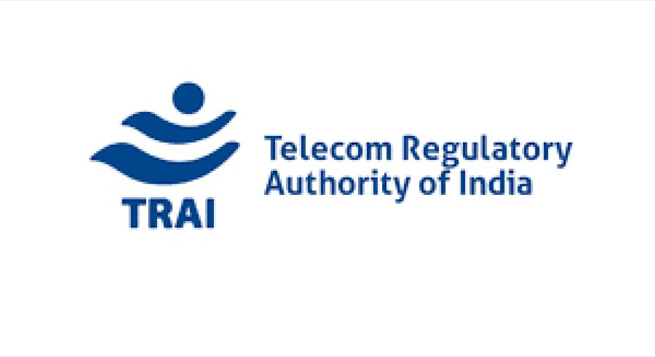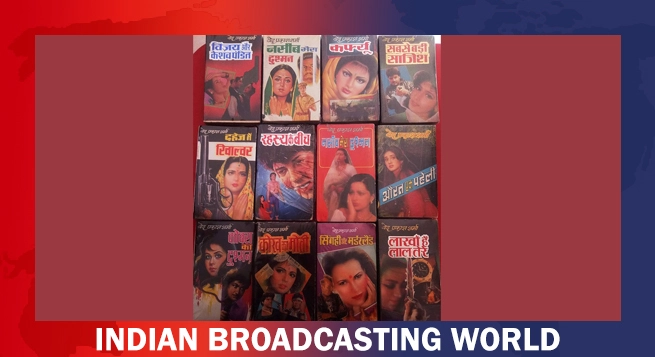Telecom Regulatory Authority of India (Trai) chairman P D Vaghela on May 03, in Mumbai pitched for a level-playing field on content delivery across all modes including OTT, DTH, and cable.
He said at present, there is a lack of the same, pointing out that while a direct-to-home operator like Tata Sky pays an 8 percent licence fee after availing a licence to operate, there is no such requirement for the local cable operator.
Over-the-top (OTT) platforms like Netflix do not require any licence to set up shop, nor do they pay any fees, Vaghela said, speaking at the annual Ficci Frames event here, PTI reported from Mumbai.
Replying a specific question on whether regulatory levies depend on technologies deployed or the end service delivered, Vaghela said, ”the way the technology is changing, the way new players are coming, one simple way would be to provide the level-playing field in form of a simple regime on licensing, licence fee or cross sector holdings.” Trai’s mandate calls for regulating only those businesses which are licensed by the government, Vaghela said, making it clear that the statutes do not allow for the same right now.
He, however, said that the watchdog has done a lot of research on the aspect which has revealed certain ”startling facts”.
”We have done a lot of research… we will see whether we should enter into this area (of regulating OTTs), and you will see the issue of a consultation paper and make recommendations to the government,” Vaghela added.
Vaghela, however, made it clear that rather than regulating a new player in the industry, he is in favour of lessening the burden of regulations on the existing players.
”I’d rather scoff at that idea (of regulating new players). I’d generally not like to see that the new players are brought under the licence regime. It’s rather that the present players can be given some relief. That should be our expectations instead of unnecessarily burdening a new player,” he said.
Continuing with the same theme, Vaghela said he is all for ”complete forbearance” on the broadcast regulations and pricing, wherein market forces will decide on the success of an idea, but also reminded everybody of the ground realities which make such an approach difficult.
He said local cable operators are facing problems right now with the advent of DTH first and then OTTs, and need some help from the regulatory front.
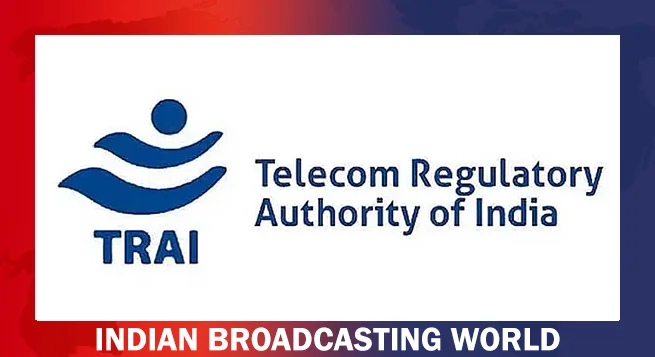 Trai suggests satcos pay 4% of revenue as spectrum charges
Trai suggests satcos pay 4% of revenue as spectrum charges 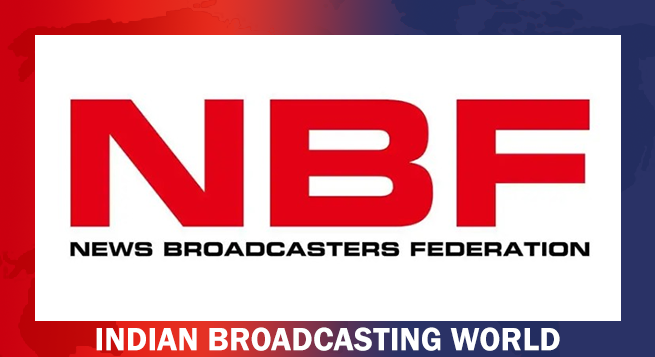 NBF issues another advisory to member TV news channels
NBF issues another advisory to member TV news channels  Govt directs OTT platforms to stop airing Pak content
Govt directs OTT platforms to stop airing Pak content 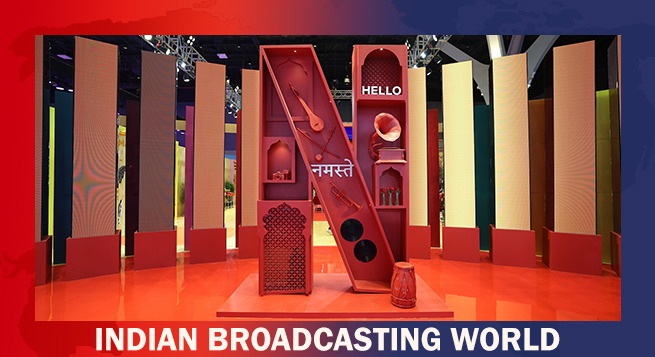 Netflix to have AI-powered iOS search in TV app revamp
Netflix to have AI-powered iOS search in TV app revamp  India sets up panel to review copyrights laws, AI disputes
India sets up panel to review copyrights laws, AI disputes 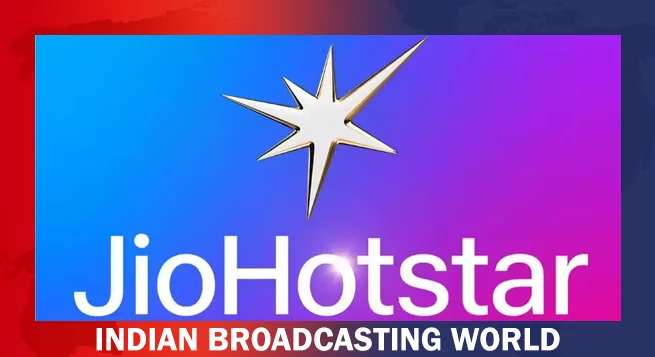 IPL suspension: JioStar says national interest top priority
IPL suspension: JioStar says national interest top priority 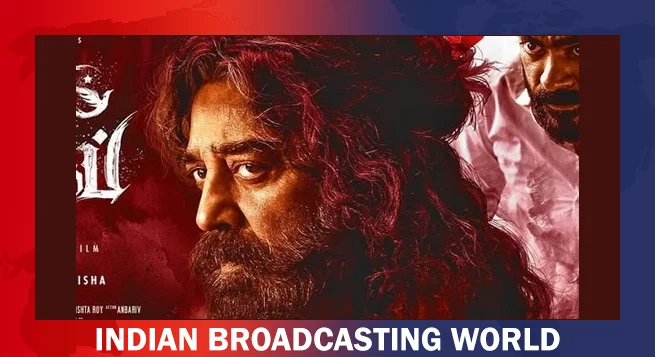 Kamal Haasan postpones ‘Thug Life’ audio launch
Kamal Haasan postpones ‘Thug Life’ audio launch 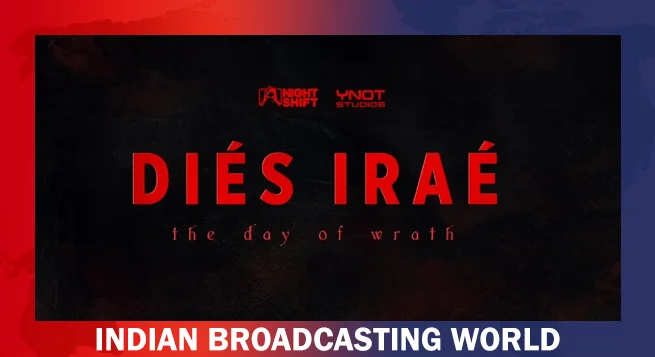 Pranav Mohanlal’s horror thriller titled ‘Dies Irae’
Pranav Mohanlal’s horror thriller titled ‘Dies Irae’ 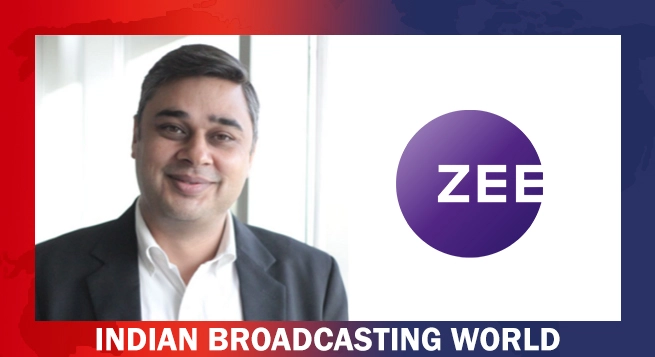 ZEEL appoints Rohit Suri as Chief Human Resource Officer
ZEEL appoints Rohit Suri as Chief Human Resource Officer 


